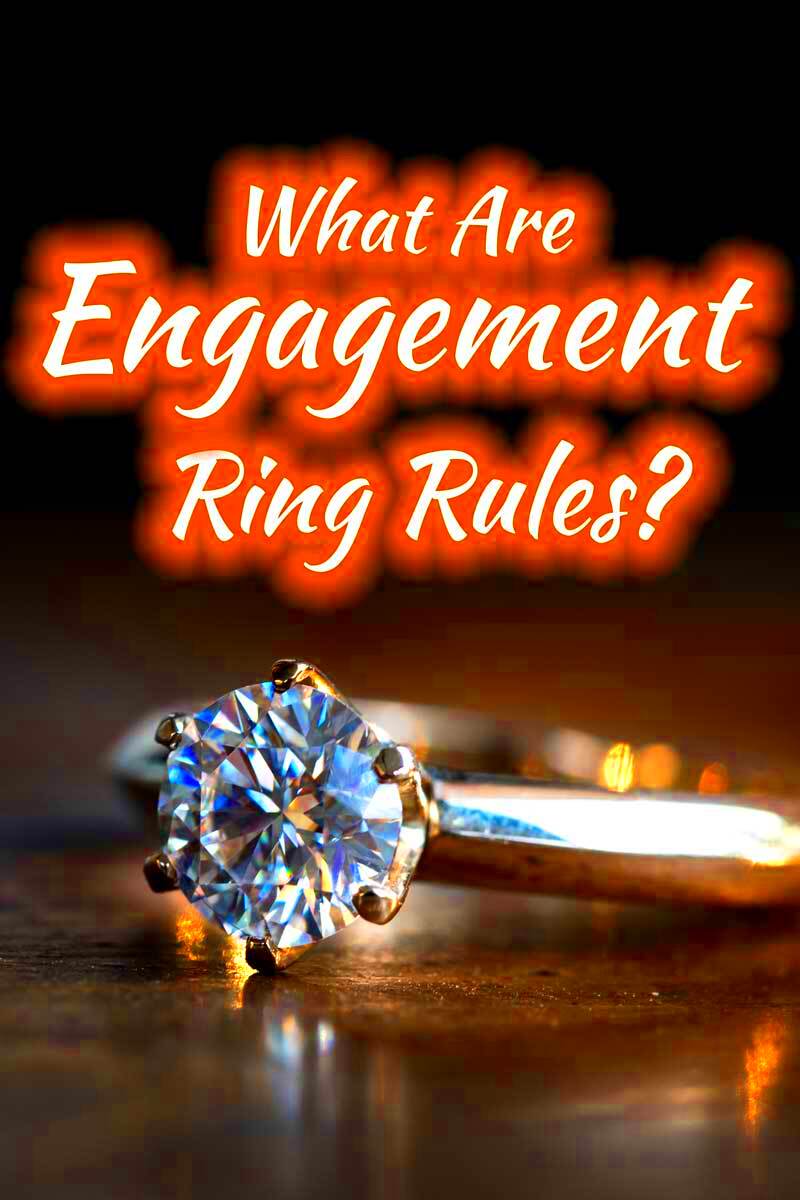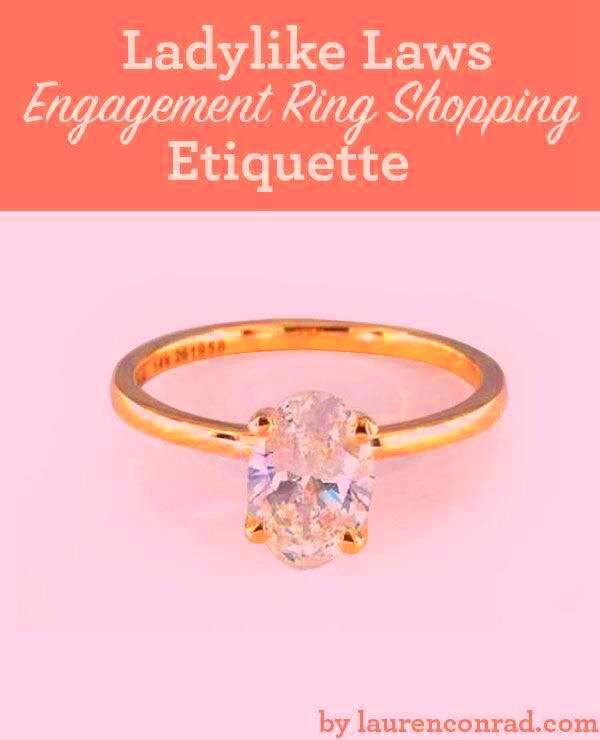Engagement Ring Laws in California and Legal Ownership
When it comes to engagement rings, California has some unique laws that can influence ownership and responsibilities. It’s essential to understand these laws if you’re planning to propose or if you’re dealing with a breakup. Knowing your rights can save you from potential legal disputes down the line. Let’s dive into the main aspects of engagement ring laws in California.
Legal Ownership of Engagement Rings in California

In California, the legal ownership of engagement rings can vary based on several factors. Generally, courts view engagement rings as gifts, which means they belong to the recipient once given. However, there are some exceptions and nuances to this rule:
- Conditional Gifts: If the engagement ring is given with the expectation of marriage, it may be considered a conditional gift. If the marriage doesn’t occur, the giver might have the right to reclaim the ring.
- Intention of the Giver: The intent behind giving the ring can influence ownership. If it was meant as a gift regardless of marriage, the recipient typically keeps it.
- Community Property Laws: In California, which follows community property laws, any property acquired during the marriage might be shared. However, gifts given before marriage generally remain separate property.
Understanding these nuances can help clarify ownership and responsibilities regarding engagement rings.
Who Keeps the Engagement Ring After a Breakup

The question of who keeps the engagement ring after a breakup can lead to heated discussions and disputes. Here’s how it typically breaks down:
- If the marriage didn’t occur: The general rule is that the ring goes back to the giver. This is especially true if the ring was given as a conditional gift tied to the marriage.
- If the marriage took place: The ring usually belongs to the recipient since it’s viewed as a gift. The wedding vows establish a new ownership dynamic.
- Exceptions: If there is a written agreement or if the couple had specific arrangements about the ring, those terms will govern ownership.
Ultimately, each case may be unique, and consulting with a lawyer may be necessary for a clear resolution.
Gifting vs. Conditional Gifts in Engagement Rings
When it comes to engagement rings, the distinction between a simple gift and a conditional gift can significantly impact ownership. Understanding these differences is crucial for both parties involved in the engagement. Let’s break it down!
A gift is given with the expectation that it is freely given, while a conditional gift has specific conditions attached, usually linked to the marriage. Here’s how these two types of gifts typically differ:
| Aspect | Gifting | Conditional Gifts |
|---|---|---|
| Definition | Freely given without conditions | Given with the expectation of marriage |
| Ownership After Breakup | Typically belongs to the recipient | May need to be returned to the giver |
| Legal Considerations | Generally straightforward | More complex, may require legal advice |
It’s essential to communicate clearly about the intentions behind the ring to avoid misunderstandings later on. Keeping in mind these distinctions can help both parties navigate the emotional and legal aspects of engagement rings more effectively.
Importance of Documentation in Engagement Ring Transactions
Documentation plays a vital role in the world of engagement rings. It not only provides proof of ownership but also can clarify the intent behind the gift. Here’s why having the right documents is essential:
- Proof of Purchase: Keeping receipts and appraisals can help establish ownership and value if disputes arise.
- Written Agreements: If there are any specific conditions attached to the ring, having a written agreement can prevent misunderstandings.
- Insurance Records: Documenting your engagement ring with insurance can protect your investment in case of theft or loss.
In addition to these documents, it’s wise to take photographs of the ring, including details like the certification number and any unique features. This can further help in tracking ownership and verifying authenticity.
Legal Implications of Engagement Ring Financing
Financing an engagement ring is becoming increasingly common, but it comes with its own set of legal implications. Understanding these can help you avoid complications down the line. Here are a few key points to consider:
- Ownership Rights: If the ring is financed, the lender may have a claim to the ring until it’s fully paid off. This can complicate ownership, especially if a breakup occurs.
- Contractual Obligations: Be aware of the terms of the financing agreement. Failure to make payments can lead to legal action from the lender.
- Impact on Credit: Financing an engagement ring can affect your credit score. It’s essential to assess your financial situation before committing.
Before financing an engagement ring, consider discussing it with a financial advisor or a lawyer. Understanding these implications can ensure that both parties enter into this significant commitment with clarity and confidence.
Consulting a Lawyer for Engagement Ring Disputes
Engagement ring disputes can arise from various situations, whether it’s a breakup or disagreements about ownership. When emotions run high, seeking legal advice can be a smart move. A lawyer can help clarify your rights and guide you through the process. Here are some key reasons to consider consulting a lawyer:
- Understanding the Law: Laws regarding engagement rings can be complex and vary by state. A lawyer can provide clarity on how the law applies to your specific situation.
- Assessing Ownership: If there’s a disagreement over who owns the ring, a lawyer can help determine ownership based on gift laws and the circumstances surrounding the engagement.
- Negotiation: A lawyer can act as a mediator between the parties involved, helping to reach an amicable agreement without the need for litigation.
- Legal Representation: If negotiations fail, a lawyer can represent you in court, ensuring your rights are protected throughout the legal process.
Ultimately, engaging with a lawyer can save you time, stress, and potential financial losses. It’s better to be informed and prepared than to navigate these disputes alone.
Frequently Asked Questions
Many people have questions when it comes to engagement rings and the legal issues surrounding them. Here are some common queries:
- Who keeps the engagement ring if we break up? Generally, if the marriage doesn’t happen, the ring is returned to the giver, as it is considered a conditional gift.
- Is an engagement ring a gift? Yes, it is typically seen as a gift. However, if given with the expectation of marriage, it may be a conditional gift.
- What if the ring was financed? If the ring is financed, the lender may have a claim to the ring until it’s paid off, complicating ownership during disputes.
- Do I need a lawyer for a simple engagement ring dispute? While not always necessary, consulting a lawyer can help clarify your rights and prevent further complications.
Conclusion
Engagement rings carry significant emotional and financial value, which can lead to disputes when relationships don’t go as planned. Understanding the laws surrounding gifting, ownership, and financing is essential for navigating these complexities. Consulting a lawyer can provide the guidance you need to address disputes effectively. Always keep documentation of any engagement ring transactions, as this can be invaluable in protecting your interests. Remember, clear communication and legal understanding can help avoid conflicts and ensure a smoother resolution should issues arise.


